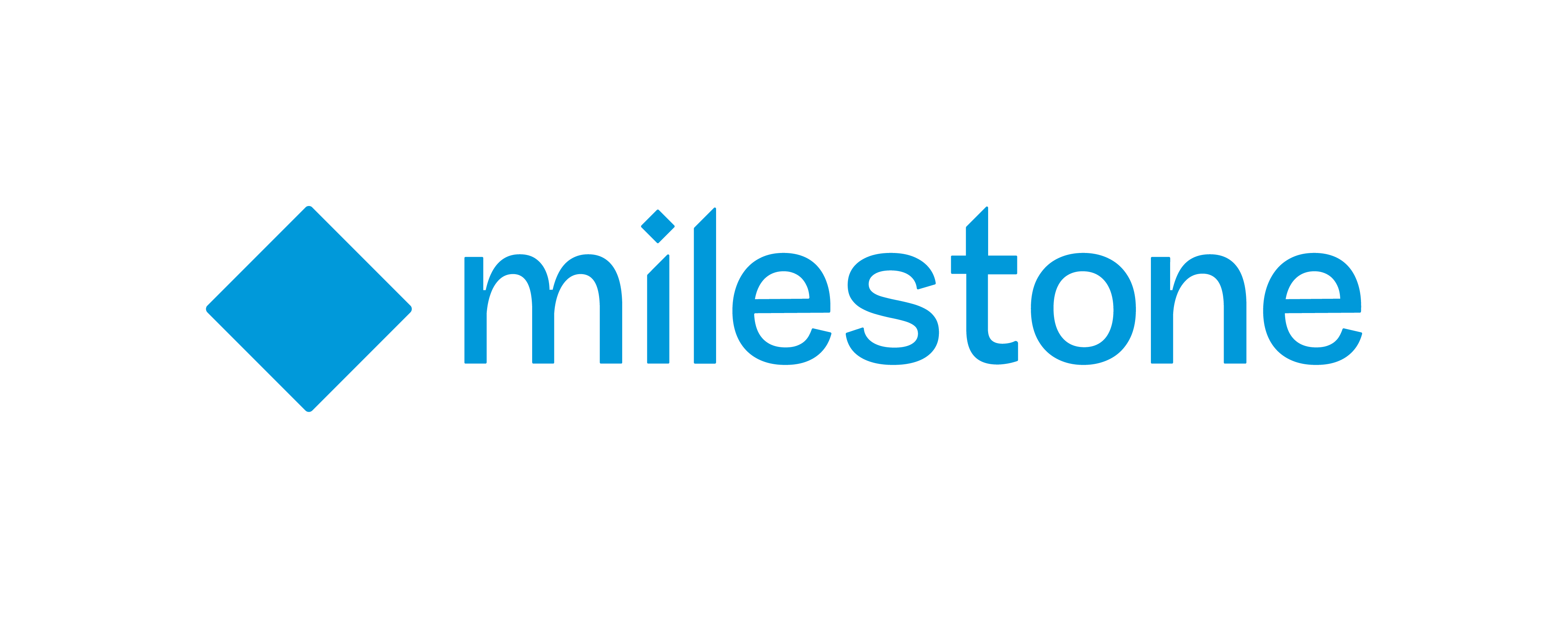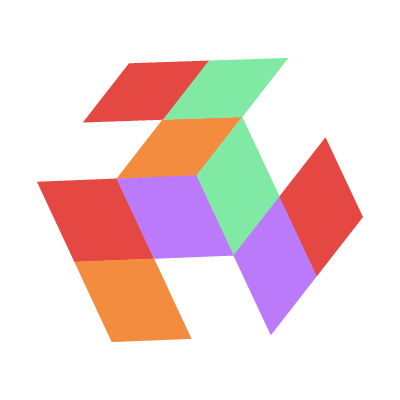We're looking for talented Research Engineers to push forward fundamental research and technology in Artificial Intelligence, as part of our interdisciplinary and collaborative Reinforcement Learning team.
About UsGoogle DeepMind’s RL team is a small team of scientists and engineers led by David Silver. We tackle large scale research challenges in reinforcement learning. We build RL algorithms, scale them, and deliver high-impact scientific or product impact. Members of the RL team have been instrumental in building DQN, AlphaGo, Rainbow, AlphaZero, MuZero, AlphaStar, AlphaProof and Gemini. Help us build the next big thing!
The RoleAs a Research Engineer, you'll use your technical skills and machine learning knowledge in research projects, engineering initiatives, and applications of research.
Your work may involve:- Making research methods run at large-scale compute.
- Performance engineering, benchmarking, and optimisation.
- Solving key research challenges, via designing and running experiments, sharing analyses and proposing next steps.
- Bringing engineering expertise into research projects. Sharing your skills and knowledge with other engineers and researchers.
- Designing, building, and improving infrastructure for research.
- Initiating or pursuing novel research directions.
Our projects span the full range of state-of-the-art machine learning and AI fields, including large language models, distributed machine learning techniques, and much more, but with an emphasis on reinforcement learning.
We take a holistic view of people's backgrounds, and do not expect you to be an expert in all areas. We do expect you to proactively and quickly adopt new technologies and systems, but we also invest a lot of time in training and helping people to continually learn as part of their role.
The core skills we look for in Research Engineers are:
- Degree in computer science, electrical engineering, science, mathematics or equivalent experience.
- Extensive software engineering experience, particularly with Python-based scientific libraries such as JAX, PyTorch, TensorFlow, NumPy.
- Familiarity with machine learning and RL, plus the mathematics and statistics knowledge needed to follow relevant research papers (linear algebra, calculus, etc).
We're also interested in any of:
- Large-scale system design, distributed systems.
- Distributed computation for ML, especially in the context of accelerators (e.g. sharding, multi-host computation).
- C++ or broader programming experience.
- Data engineering and visualisation.
- Track record of open-source contributions.
- Strong communication skills (via discussion, presentation, technical and research writing, whiteboarding).
- Academic research experience in machine learning, publications, or research experience in related fields.
At Google DeepMind, we value diversity of experience, knowledge, backgrounds and perspectives and harness these qualities to create extraordinary impact. We are committed to equal employment opportunity regardless of sex, race, religion or belief, ethnic or national origin, disability, age, citizenship, marital, domestic or civil partnership status, sexual orientation, gender identity, pregnancy, or related condition (including breastfeeding) or any other basis as protected by applicable law. If you have a disability or additional need that requires accommodation, please do not hesitate to let us know.
Applications close on Wednesday 4th June at 5pm (GMT)
Similar Jobs

What We Do
We’re a team of scientists, engineers, machine learning experts and more, working together to advance the state of the art in artificial intelligence. We use our technologies for widespread public benefit and scientific discovery, and collaborate with others on critical challenges, ensuring safety and ethics are the highest priority.
Our long term aim is to solve intelligence, developing more general and capable problem-solving systems, known as artificial general intelligence (AGI).
Guided by safety and ethics, this invention could help society find answers to some of the world’s most pressing and fundamental scientific challenges.
We have a track record of breakthroughs in fundamental AI research, published in journals like Nature, Science, and more.Our programs have learned to diagnose eye diseases as effectively as the world’s top doctors, to save 30% of the energy used to keep data centres cool, and to predict the complex 3D shapes of proteins - which could one day transform how drugs are invented.








